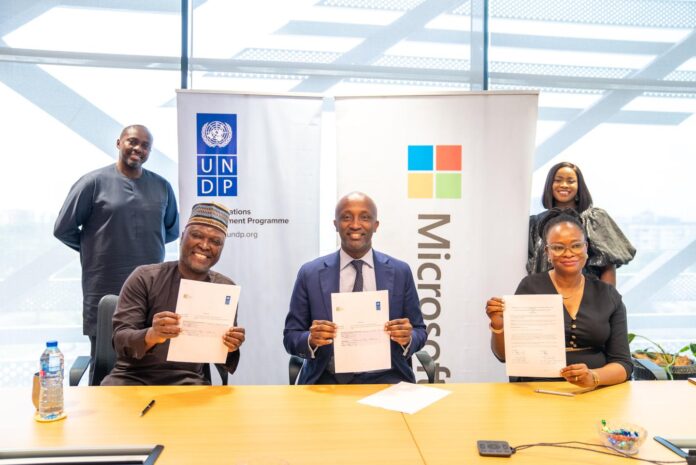A groundbreaking write-up document, jointly produced by Microsoft and industry experts from across the African continent, delves into the transformative power of artificial intelligence (AI) and its potential impact on the future of work in Africa.
This comprehensive write-up highlights Africa’s unique position to shape the trajectory of work in the early stages of technological evolution.
With nearly 1 billion people in Africa currently below the age of 35, the continent is projected to become home to almost half of the world’s youth population by the end of the century. This demographic advantage positions Africa as a significant player in the global workforce of the future.
Ravi Bhat, Chief Technology and Solutions Officer at Microsoft Africa, emphasized the pivotal role of generative AI in not only revolutionizing work environments but also creating opportunities for the youth to spearhead job creation, innovation, and economic growth throughout the continent.
The document explores the potential of generative AI to revolutionize knowledge worker jobs, transforming the nature of work, the requisite skills, and the resulting outputs.

Research from McKinsey suggests that the adoption of generative AI (GenAI) could yield annual labor productivity growth of up to 0.6% by 2040, contingent on the rate of technology adoption and the effective redeployment of worker time.
Jacki O’Neill, Director at Microsoft Research Africa, highlighted the immense potential of generative AI to enhance human capabilities, stating, “As access to GenAI tools becomes more widespread across Africa through internet-enabled devices and affordable data, barriers to entry are diminishing, and opportunities for upskilling are expanding. However, the benefits of GenAI extend beyond knowledge workers.”
O’Neill emphasized the need to equip the youth with the necessary skills to thrive in an AI-disrupted labor market, ensuring that they are not left behind in this technological paradigm shift.
The promise of GenAI to revolutionize sectors such as agriculture, healthcare, and services must be balanced with comprehensive skill development programs, empowering the youth to navigate the evolving job landscape.




